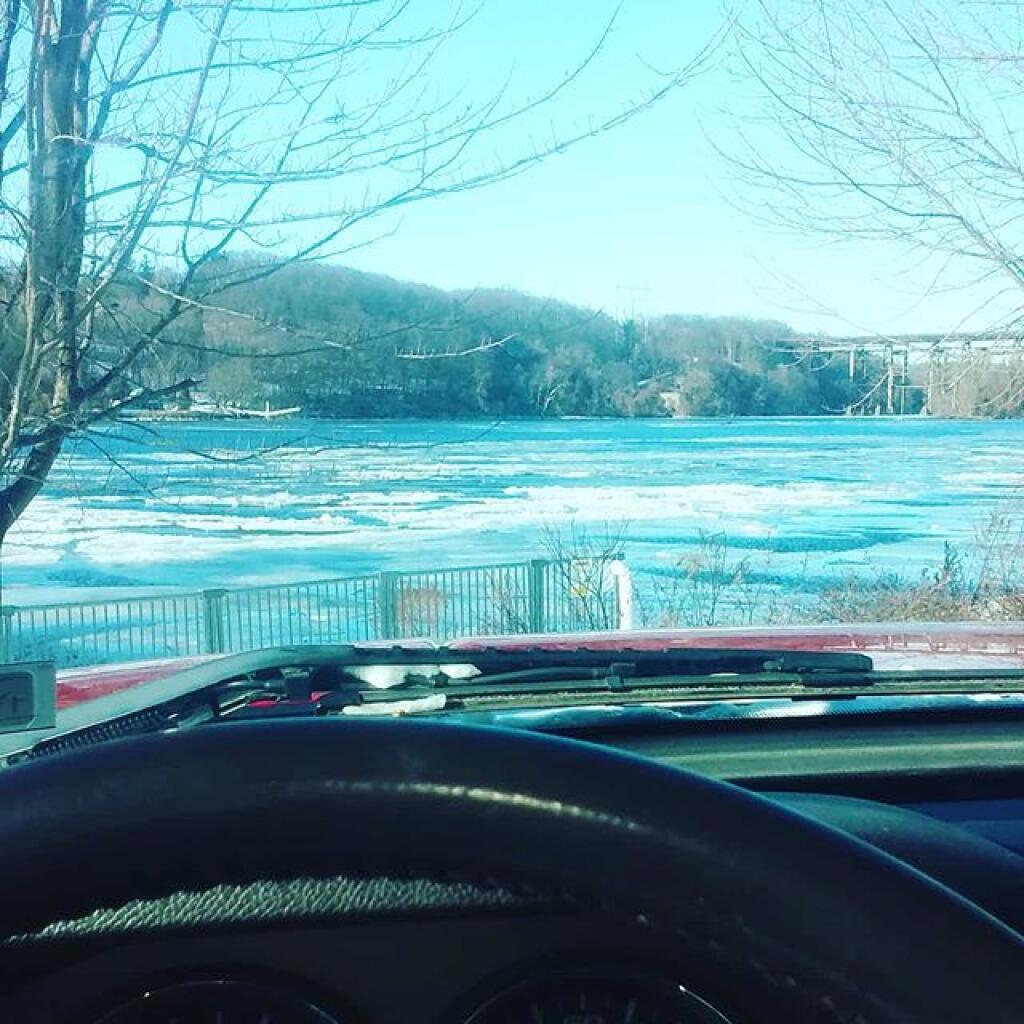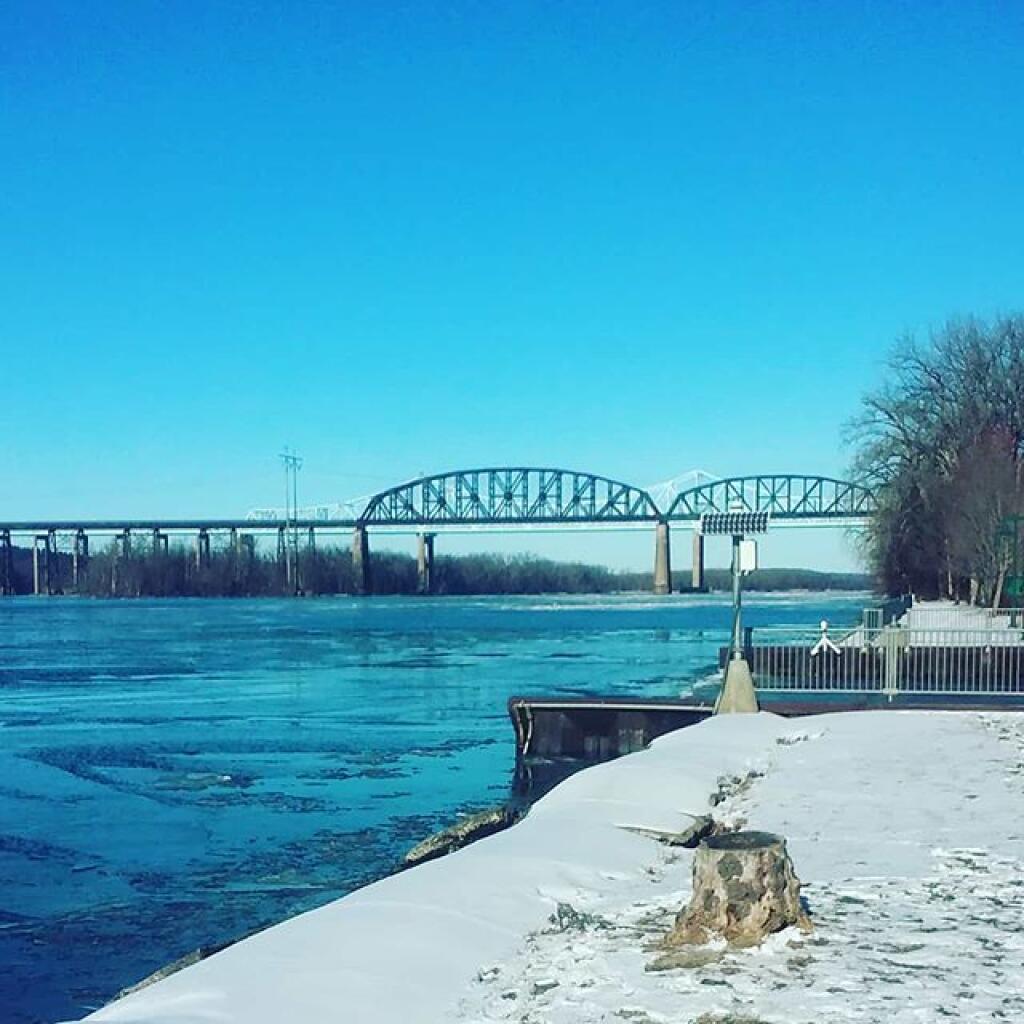Richmond Gun Rally: Thousands Of Gun Owners Converge On Virginia Capitol On MLK Day : NPR
January 20, 2020 05 PM Update
When Is It a Mistake?
I like the way Andrew Tobias talks about bulk buying in The Only Investment Guide You’ll Ever Need: You can think of each bulk purchase as an investment, with a return equal to the savings you accrue by not paying a higher unit price for smaller purchases. If you lay out $110 today to buy a 12-bottle case of wine you’ll drink over the next month, instead of buying bottles one at a time for $10 each, that’s like earning a $10 return on a $110 investment in one month. On an annualized basis, that’s a rate of return well over 100 percent — far better than the stock market.
But that analysis relies on a few assumptions, the most important being that you will use the items you purchase. If you let products spoil, or you decide you don’t like them anymore halfway through the box, or if you forget what drawer your huge package of batteries is in, then you’re not getting as much value out of your bulk purchase as you had planned. Your effective investment return is likely to be negative; you would have been better off paying more per unit to buy less.
After my hike decided to sit down by the river for a while
Bridges
Sitting here looking out across the river at the Port of Coeymans
Sitting here looking out across the river at the Port of Coeymans… 🏭
Seems like every time I come here it’s gotten bigger. The piles of concrete and brick grow, the sorting buildings for the construction debris and the manufacturing facilities that assemble the bridge parts and wind turbines. There is a ton of money in recovering value out of the waste stream of building and construction debris, value that is almost entirely lost in the complementary landfills like the one in Rensselaer that competes but also benefits from the facilities bypass waste.
You can see the new LaFarge Blue Circle Cement smoke stack with all the scrubbing equipment that reduces emissions from the old plant which was dumping nearly 800 lb of mercury in the air from the mercury rich limestone it was baking to make cement. It turned out that the limestone was a lot richer in mercury then anyone though and for many years was the regions biggest polluter of mercury and many other emissions. Ward Stone was testing mercury at the local school and we’ll never know how much mercury is in the ground the kids play in because he was silence, said that he was living at the Five Rivers Environmental Lab. I’m still undecided about them burning tires there – assuming they aren’t already. It could be a good source of energy, reduce the number of waste tires thrown over banks and in creeks by strengthening the tire disposal market.
I just saw a great big old tug boat pushing a barge full of heating oil north. It’s definitely a cold day, I probably shouldn’t linger long.

